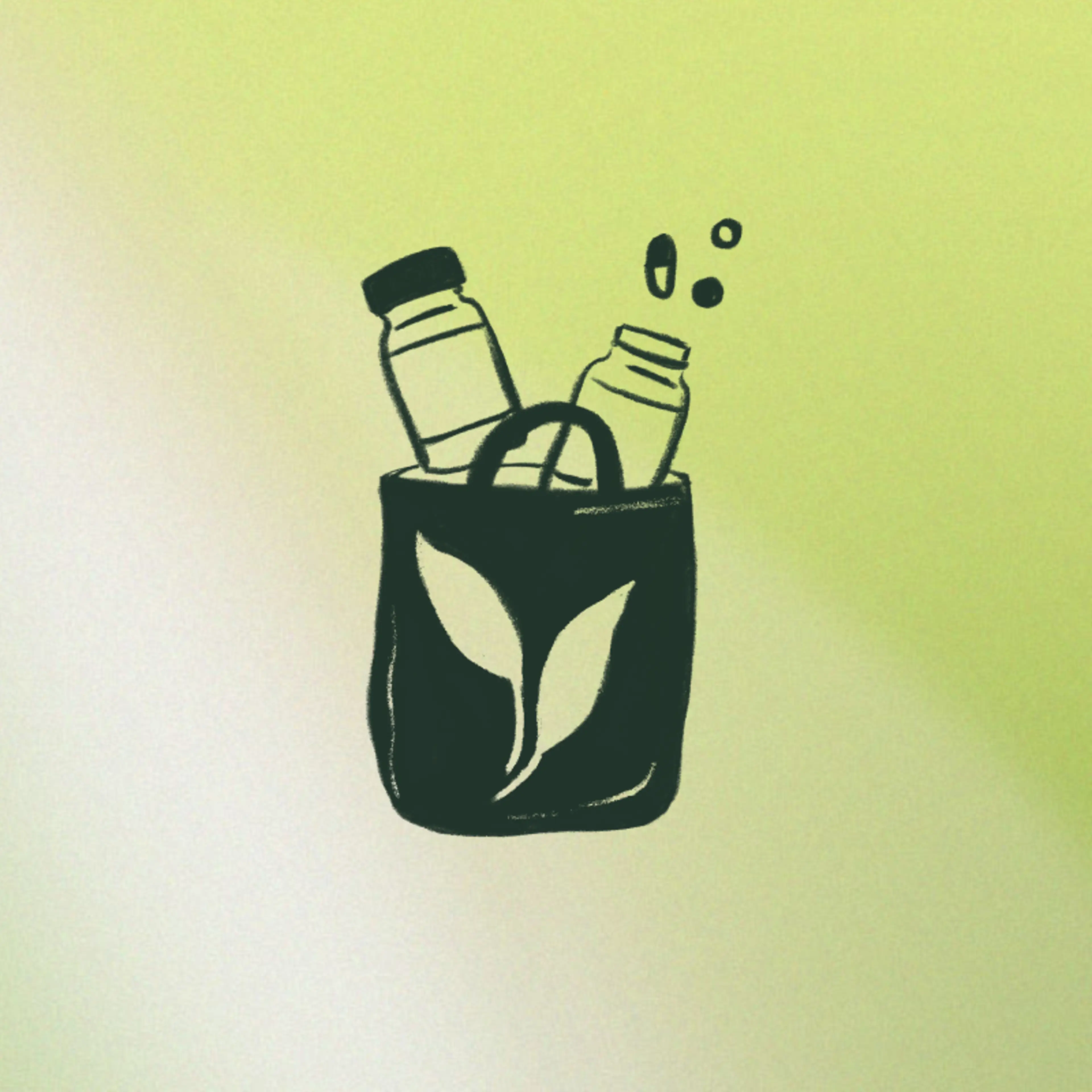According to the Cleveland Clinic 1 , hormones manage the functions of the various systems in your body by sending chemical messages. Even when you’re not pregnant, they control basically everything from your appetite and sleep to your sex drive. When you get pregnant, your pregnancy hormones ready your body to have a baby, and they come with some fun side effects too.
Hormones During Pregnancy
Human Chorionic Gonadotropin (HcG)
What does HcG do?
HcG is the hormone that tells the rest of your body that you’re pregnant. It’s also the indicator that over-the-counter pregnancy tests use. HcG is the most likely pregnancy hormone behind morning sickness because higher levels are correlated with more intense vomiting and nausea. Another key task: increasing the production of estrogen and progesterone so they can do their part to grow the baby.
When will HcG matter?
For the first two months of your pregnancy, your HcG levels will continue to rise very quickly, doubling every other day, then plateau for the rest of your pregnancy.
Progesterone
What does progesterone do?
This hormone, released by the ovaries 1 , plays a key role in supporting your pregnancy. During the first trimester, progesterone relaxes your uterus, slows down your metabolism, and signals breast tissue to get ready for milk production. It is also responsible for pregnancy symptoms such as bloating, constipation, and fatigue.
When will progesterone matter?
Progesterone plays a key role in overall fertility, so it’s kind of a big deal. When you conceive, its levels skyrocket during the first trimester. During pregnancy, the placenta also produces progesterone. After your baby is born and the placenta is delivered, progesterone levels fall which can contribute to mood swings.
Estrogen
What does estrogen do?
During pregnancy, estrogen helps the uterus grow and jumpstarts fetal development. It also increases blood flow, which heightens your sense of smell and gives you that pregnancy “glow.” Side effects: spider veins and increased appetite.
When will estrogen matter?
Estrogen levels continue to rise through your pregnancy and peak in the third trimester. Since this pregnancy hormone is also generated by the placenta during pregnancy, estrogen levels crash postpartum.
Relaxin
What does relaxin do?
The name says it all. Relaxin keeps your uterus relaxed during the first trimester and helps with the growth of your placenta. It also makes your ligaments relax, helping your body adjust to the physical changes it’ll experience as your baby grows. When the time comes to give birth, relaxin allows your pelvis to open so your baby can be born. The downside of relaxin? Since it causes your ligaments to become more flexible, this hormone is behind some of the aches and pains you may experience during your pregnancy.
When will relaxin matter?
Relaxin levels are highest during the first trimester as your body gears up for pregnancy.
Oxytocin
This isn’t Oxycontin. That’s an opioid pain medication. This is nature’s version.
What does oxytocin do?
Oxytocin (pronounced oxy-toh-son) is our favorite hormone. This so-called love hormone floods your brain during sex, childbirth, and breastfeeding and gives you an overall feeling of well-being.
When will oxytocin matter?
This hormone starts your contractions, keeps going through labor, and makes your uterus contract after birth (which helps with bleeding once the placenta is delivered). Once your baby is born, oxytocin helps you bond with baby. Every time you nurse, cuddle, kiss and smell your baby, your body produces more oxytocin.
Prolactin
What does prolactin do?
As its name suggests, prolactin helps your body produce milk.
When will prolactin matter?
When you’re pregnant, prolactin levels go up 10 to 20 times to prep your mammary glands for milk production, and then levels stay high if you start breastfeeding. Prolactin levels are highest when you’re sleeping and in the early morning (which may be why many people experience their highest levels of milk production around that time).
Hormones in the Fourth Trimester
The hormones that carried you through pregnancy are still hard at work once you give birth. While progesterone and estrogen levels decrease, oxytocin and prolactin are busy helping you bond with your baby, produce milk and heal. The dramatic shift in hormones can cause some people to experience baby blues 2 . If you feel sad or down for longer than two weeks, you’ll want to contact your doctor for some support. While there isn’t a definitive link between hormone level changes in the fourth trimester and perinatal mood and anxiety disorders 3 , it’s a good idea to have support 4 in place before you give birth–whether that looks like lining up a therapist, asking friends and family to drop off homecooked meals or setting boundaries around visitors in the first weeks after baby arrives. Most importantly, keep in mind that adding a new member to your family comes with a lot of change so be gentle with yourself!










